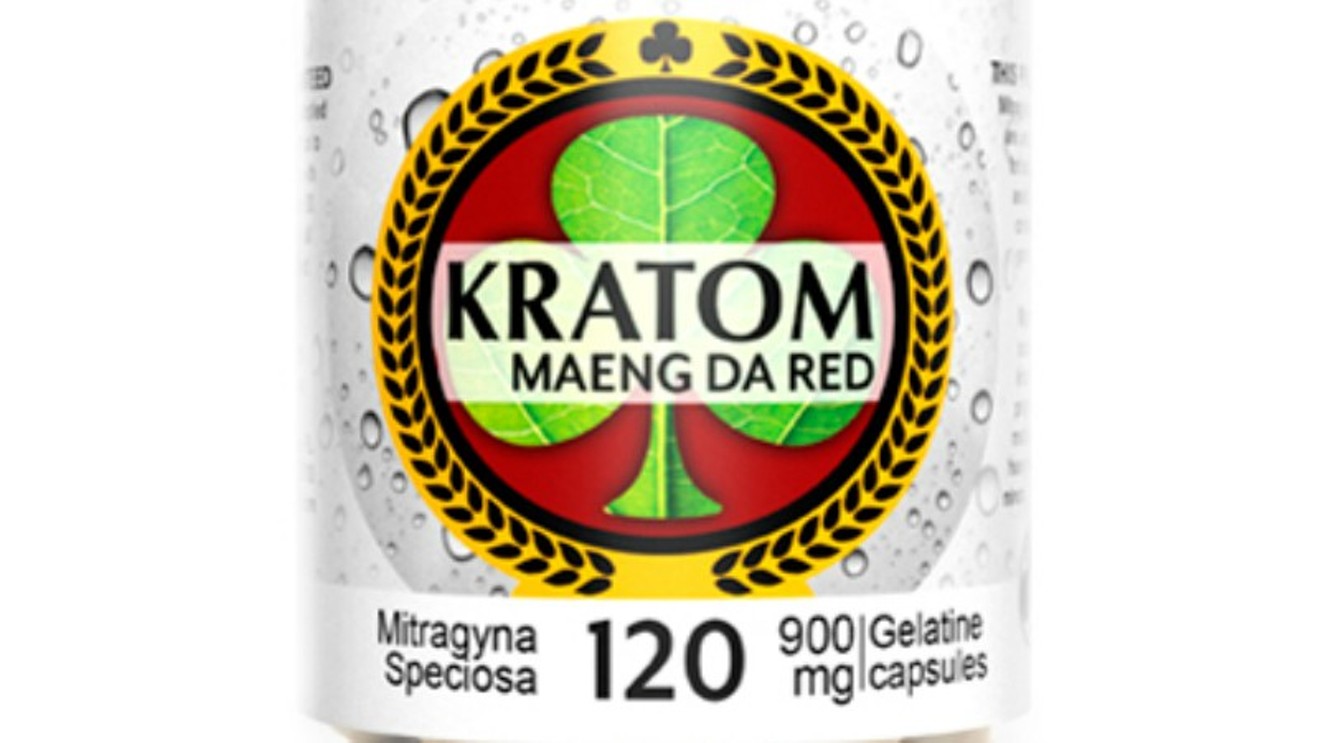Colorado wound up in the center of the kratom story last October, when the Denver Department of Public Health and Environment prohibited its sale for human consumption. A few months later, the federal Centers for Disease Control and the FDA warned about a "multi-state outbreak of Salmonella infections" that had sickened 28 people across twenty states nationwide.
Specifically, three infections had been identified in California; two each in North Carolina, Ohio, Oklahoma, Oregon, Pennsylvania and Utah; and one each in Colorado, Florida, Kansas, Kentucky, Louisiana, Massachusetts, Michigan, New York, South Carolina, Tennessee and North Dakota, the home state of Ashley Lemke, a Bismarck woman who was reportedly sickened with Salmonella-infected Red MD kratom she ordered online from Soap Korner, a Colorado Springs business.
The co-counsel in Lemke's lawsuit against Soap Korner is Marler Clark, a Seattle-based firm that specializes in complaints related to food-borne illnesses.
Club 13, the company in the crosshairs of the recall notice sent out by the CDPHE, is located in St. Augustine, Florida, not Colorado, but it has a considerable presence here; last September, for instance, it co-sponsored an event at the Church nightclub in Denver.
The firm isn't trying to hide the recall. The home page of its website is dominated by a notice that reads: "Club 13 has issued a voluntary recall of our 'Maeng Da Red' and 'Maeng Da Red XS' products due to Salmonella concerns in our supply chain. Your health and safety is our top priority, and we are working diligently to ensure the quality and safety of our products."
A separate recall page notes the names and lots of all the products being recalled, as seen in these passages:
The “Maeng Da Red” powder products come in 15-gram, 30-gram, 90-gram, 150-gram, and 454-gram packages marked with lot # MRMD012618 on the back of the pouch.Also included is the following photo illustration, which offers a visual guide for customers looking for these digits.
The “Maeng Da Red” capsule products come in 5-count, 25-count, 50-count, 100-count, 120-count capsule bottles marked with the following lot numbers on the bottom left side: MRMD013018, MRMD013118, MRMD020118, MRMD020518, MRMD022318, MRMD022718, MRMD030118, MRMD030218, and MRMD030618.
The “Maeng Da Red XS” capsule products come in 5-count, 20-count, 25-count, 40-count, 50-count capsule bottles marked with the following lots numbers on the bottom left side: KRXS020718, KRXS030618, KRXS102417, KRXS110617, and KRXS120117.

This graphic from the Club 13 website shows where to look for the lot numbers targeted by the recall.
Even more interesting are the CDPHE's excerpted remarks from an FDA heath warning issued on February 21 that makes no mention of Salmonella, and instead deals with general concerns about the safety of kratom.
The passage reads:
In a February statement, FDA Commissioner Scott Gottlieb said, "The extensive scientific data we’ve evaluated about kratom provides conclusive evidence that compounds contained in kratom are opioids and are expected to have similar addictive effects as well as risks of abuse, overdose and, in some cases, death. At the same time, there’s no evidence to indicate that kratom is safe or effective for any medical use. To protect the public health, we’ll continue to affirm the risks associated with kratom, warn consumers against its use and take aggressive enforcement action against kratom-containing products. We appreciate the cooperation of companies currently marketing any kratom product for human consumption to take swift action to remove these products from circulation to protect the public."That FDA health warning is headlined "FDA oversees destruction and recall of kratom products and reiterates its concerns about risks associated with this opioid." It does mention Salmonella contamination, but only tangentially, in the seventh of its eight paragraphs.
The material ahead of that reference is filled with anti-kratom commentary from Gottlieb, including remarks intended to undermine testimonials from heroin addicts who say the herb helped them kick their habit: "We know that some patients are using kratom because they believe it can help treat their opioid dependency, but there’s no reliable evidence to support kratom’s effectiveness for this use; and we’re deeply committed to making sure patients have access to safe, effective treatment options. There are three FDA-approved products that are safe and effective for the treatment of opioid use disorder and we encourage patients to seek advice from their health care professional and pursue treatment for addiction."
Jon Strauss, the CDPHE's wholesale food and food recall coordinator, has not responded to Westword's interview requests. But at the very least, the recall notice suggests that the department's concerns about kratom don't end with Salmonella.












